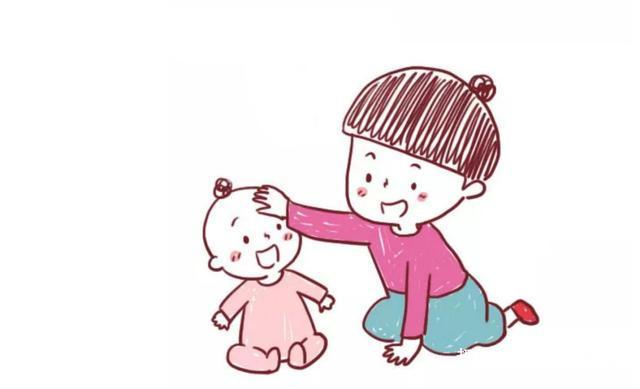A four-month-old baby experiencing vomiting after feeding, along with mucus-like substances in the milk, raises concerns for many parents. In fact, this situation is quite common, primarily because infants’ digestive systems are not fully mature. The baby’s stomach capacity is small, and the lower esophageal sphincter (where the esophagus connects to the stomach) is relatively relaxed, making it easier for them to swallow air during feeding, which can lead to vomiting. To improve this situation, methods include: ensuring that the hole in the bottle nipple is of appropriate size to avoid rapid milk flow; feeding continuously without interruption; holding the baby upright after feeding, with their head resting on the adult’s shoulder, and gently patting the back to help release air from the stomach. As the baby grows, this condition usually improves.
Additionally, if the baby vomits along with excess mucus, it may be due to an upper respiratory infection. When the baby gets cold or is infected by bacteria or viruses, symptoms such as coughing, excessive mucus, and difficulty breathing may occur. Severe coughing can trigger vomiting and expel mucus. In this situation, it may be considered to use some medication under a doctor’s guidance, such as amoxicillin granules to combat bacterial infection, and ambroxol syrup to help with phlegm. If vomiting is severe, seek medical attention promptly for professional treatment.
Sometimes, vomiting may also result from overeating. Parents can allow the baby to maintain a semi-sitting position after feeding, gently patting the back to help release gas and reduce the occurrence of vomiting.
For vomiting that may be caused by a cold stomach, trying to feed the baby small amounts of ginger water may help. Ginger has the property of warming and stopping vomiting, which can alleviate vomiting caused by a cold stomach.
Furthermore, if the baby has both coughing and vomiting, it is likely a sign of an upper respiratory infection, usually initially caused by a virus. Mild coughing can help clear mucus, so there is no need to rush to use medication. If coughing is frequent and severe, consult a doctor for appropriate cough and phlegm medications suitable for infants. Ensuring the baby stays well-hydrated is also crucial, as it helps to dilute mucus and promotes expulsion. If the doctor suspects a bacterial infection, antibiotic treatment may be necessary. Taking corresponding care and treatment measures based on the baby’s specific symptoms is key.


